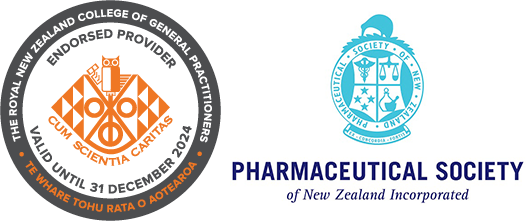Gout is a common and treatable form of inflammatory arthritis. Advances in gout management, particularly in the effective use of allopurinol and colchicine, help improve outcomes for New Zealanders with gout.
This video is a recording of the live webinar hosted by Mobile Health and presented by Professor Dalbeth on 14 March 2024. It is suitable for all primary care health professionals.
Professor Nicola Dalbeth discusses:
- the prevalence of gout in Aotearoa and who is most affected
- causes of gout, importance of early treatment and recognition as a chronic condition
- the best treatment for flares
- which patients should receive allopurinol and how it should be prescribed
- anti-inflammatory prophylaxis
- new resources to help improve gout management.

